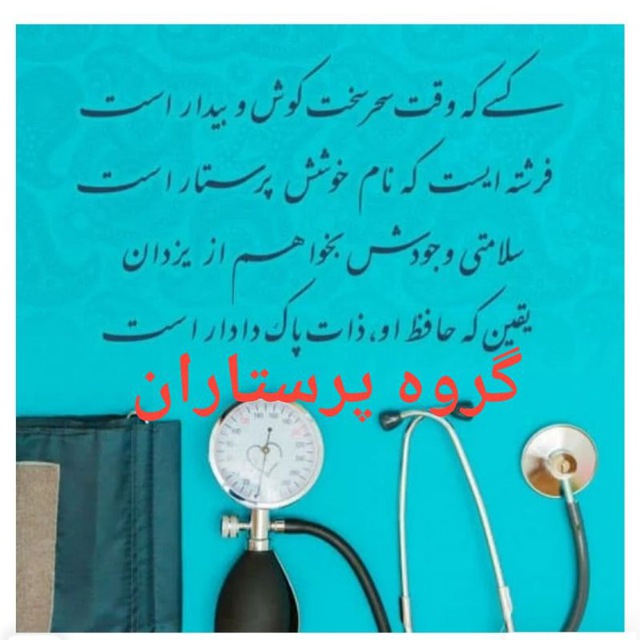Hepatitis B or black jaundice
Hepatitis B virus
The second type of disease is hepatitis. Hepatitis means inflammation of the liver, which will cause pain and swelling of the liver.
Hepatitis B is caused by hepatitis B virus (HBV).
It is caused by B virus, which is double stranded (DNA) and belongs to the Hepadnaviridae family.
The way of virus transmission:
Body fluids such as saliva, blood, pus, etc
by tattooing
From things like serum, syringe, etc
From sexual intercourse or sex
From mother to child directly and indirectly
It has three types of antigens:
HBs Ag: (S-surface antigen),
This antigen is located on the surface of the virus.
HBc Ag: (C- core antigen)
This antigen is located in the nucleus of the virus.
HBe Ag: (e-envelope antigen,
This antigen is located in the envelope or on that floor, which has relieved the entire virus.
Hepatitis B surface antigen (HBsAg):
A protein on the surface of hepatitis B virus that can be detected at high serum levels during acute or chronic hepatitis B virus infection. The presence of HBsAg indicates that the person is infectious, except when they may become transiently positive within 30 days after a dose of hepatitis B (HepB) vaccine. The body normally produces antibodies against HBsAg as part of the natural immune response to infection. HBsAg is the antigen used to make the HepB vaccine.
Hepatitis B surface antibody (Anti HBs):
The presence of anti-HBs is generally interpreted as indicating recovery and immunity from hepatitis B virus infection. Anti-HBs also develop in a person who has been successfully vaccinated with the hepatitis B vaccine. Among vaccine responders who have completed a vaccine series, anti-HBs levels can decline over time, however the majority remain immune and respond to HBV challenge. .
Hepatitis B main antigen total antibody (Anti HBc):
At the onset of symptoms in acute hepatitis B, both IgM and IgG are measured and persist for life. The presence of total anti-HBc indicates previous or ongoing infection with hepatitis B virus over an unspecified period of time. People who are immune to hepatitis B vaccine do not develop anti-HBc.
IgM antibody to the main hepatitis B antigen (Anti HBc IgM): indicates the positivity of a recent infection with the hepatitis B virus (<6 months). Its presence indicates an acute infection. IgM anti-HBc should be administered only when acute HBV infection is a concern. Note: The first antibody against HBc Ag is formed in the body. * HBs Ag presence of this antigen identifies the infection and the presence of the virus. * IgM antibody identifies acute infection. But IgG antibody identifies infection or chronic infection. Clinic (symptoms): Yellow eyes and skin Feeling very tired dark urine your heart Extravagance itchy skin Abdominal pain Diagnosis: Symptoms and signs of the patient physical examination ultrasound blood test Treatment: Acute Hepatitis B: If the disease is acute, there is no treatment. Chronic Hepatitis B: Because if it is chronic, he has treatment, but antiviral drugs are used. As Antiviral drugs Tenofovir Ectecavir The purpose of our treatment: Preventing the progression of liver cirrhosis Slow the progress of liver cirrhosis. Preventing or reducing the incidence of liver cancer Reduce cases of liver cancer. Continuation and progress in saving lives Improve long-term survival. Note: 12-25% of patients with chronic virus need treatment. Ezaviro prevention: A child should receive this varus vaccine within 24 hours of birth, two or three doses of the vaccine should be given within 4 weeks. This post is written by Ebrahimi123com
